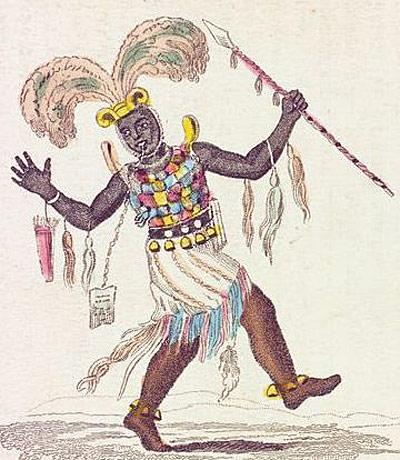Ashanti Kingdom: A Timeless Legacy of Civilization and Resistance
Nestled in the heart of West Africa, the Ashanti Kingdom flourished for centuries as a beacon of African civilization and cultural heritage.This powerful empire played a important role in shaping the political, economic, and social landscape of the region, leaving an enduring legacy that continues to inspire today.
Origins and Rise
Table of Contents
The Ashanti Kingdom emerged in the 17th century, founded by Osei Tutu, a legendary ruler credited with uniting several Akan-speaking chiefdoms under his authority. Tutu established Kumasi as the capital and implemented a centralized system of government that fostered unity and stability.
Over the next century, the Ashanti expanded their territory through conquest and diplomacy, establishing a vast empire that stretched from the Atlantic coast to the interior. Their military prowess and innovative tactics made them a formidable power in the region.
Golden Age of Civilization
the 18th and 19th centuries marked the Golden Age of the Ashanti Kingdom under the rule of Asantehene (king) opoku Ware I and his successors. this period was characterized by significant cultural, economic, and political advancements.
- Cultural Achievements: The Ashanti were renowned for their skilled artisanship, creating exquisite gold ornaments, elaborate textiles, and intricate pottery.
- Economic Prosperity: The kingdom’s vast network of trade routes connected them with coastal trading posts, bringing wealth and prosperity through the export of gold, ivory, and slaves.
- Political Stability: Ashanti society was highly organized, with a system of decentralized rule and a powerful royal court that maintained unity and order.
Resistance and Sovereignty
Despite their power and wealth, the Ashanti Kingdom faced numerous challenges, including the expansion of European colonial powers and internal conflicts. The Ashanti people fiercely resisted European influence, fighting several wars to maintain their independence.
The most famous of these wars was the Ashanti War of 1900-1901,which ended with the British annexation of Ashanti as a protectorate. However, the ashanti spirit of resistance remained strong, and they continued to assert their cultural and political autonomy.
Legacy and Influence
The legacy of the Ashanti Kingdom extends far beyond its borders and time. Their cultural heritage, military prowess, and resilience have had a profound impact on Ghana and the wider African diaspora.
- Cultural Heritage: ashanti art, music, and dance continue to be celebrated and showcased worldwide, representing a vibrant and enduring cultural legacy.
- Military Tradition: The Ashanti military system inspired resistance movements and freedom struggles across Africa, becoming a symbol of African independence and self-determination.
- Modern Ghana: The Ashanti played a pivotal role in the formation of modern Ghana, contributing their political and cultural traditions to the nation’s identity and heritage.
Conclusion
The Ashanti Kingdom stands as a testament to the resilience, creativity, and indomitable spirit of the African people. Their legacy provides inspiration and guidance for ongoing struggles for justice, equality, and self-determination.The Ashanti Kingdom remains a symbol of African civilization, resistance, and the enduring human capacity to overcome adversity.

